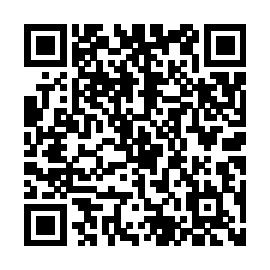Botanical Science and Herbal Medicine as Local Forms of Knowledge
作為地方知識形式的植物科學和草藥
April 14, Friday, 19:00 - 21:00, Lecture room at Martin Hall
Love for plants, and the gathering of specialized knowledge about them, seem to be universal human concerns. But doctors of minority nationality traditional medicines in southwest China often argue that the plants they know and use are the very essence of the local. Plants are rooted in place, they make the character of places, herbal doctors say. Nevertheless, various forms of knowledge about plants have traveled far and wide. This lecture reports on anthropological efforts to understand several different ways of knowing about and living with plants, and several different ways of sharing or hoarding knowledge about plants. Scientific ethnobotany is not the same as traditional Chinese medicine’s materia medica tradition (bencao 本草), and neither of them shares the experiential understanding of nationality and folk medicine healers. Minority nationality herbalists (caoyi草醫) in China’s southern regions have contributed useful information to local pharmaco-botany handbooks, and they have made medically useful discoveries as they have wandered the mountains gathering herbs. What they know, however, sometimes remains a mystery to scientifically-trained botanists and authors of medical textbooks. This anthropological study traces both the mobility and the local roots of Chinese knowledge about herbal medicines.
Judith B. Farquhar is Max Palevsky Professor of Anthropology Emerita at the University of Chicago. Prof. Farquhar does research on traditional medicine, popular culture, and everyday life in contemporary China. Anthropological areas of interest include medical anthropology; the anthropology of knowledge and of embodiment; critical theory and cultural studies; and theories of reading, writing, and translation.


